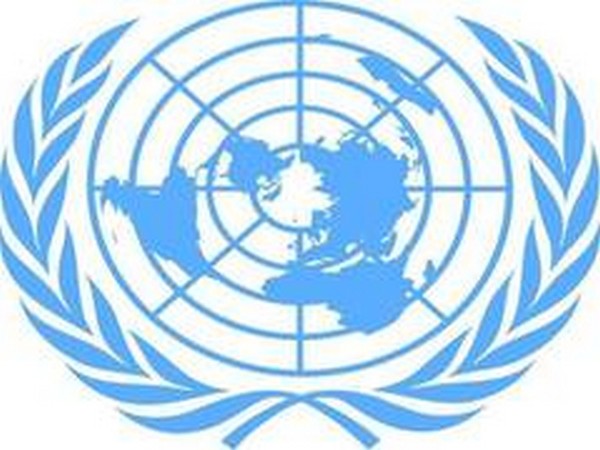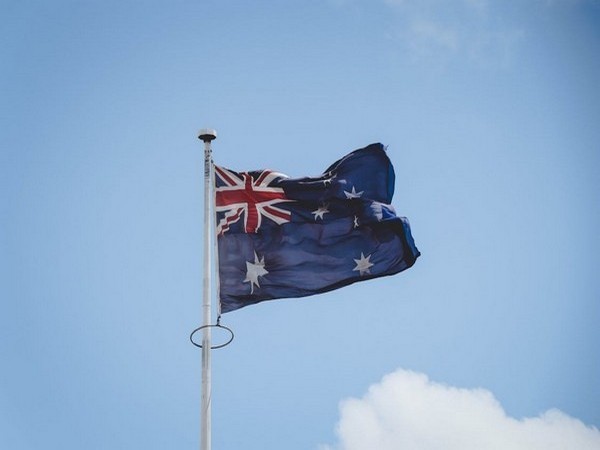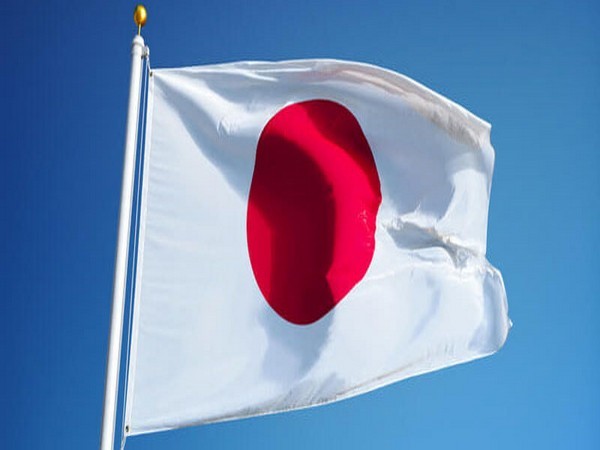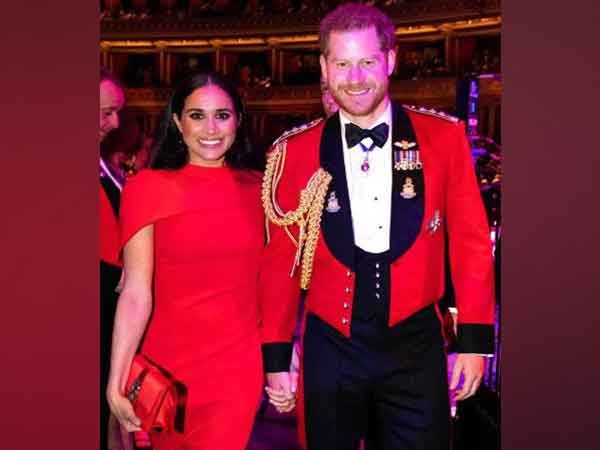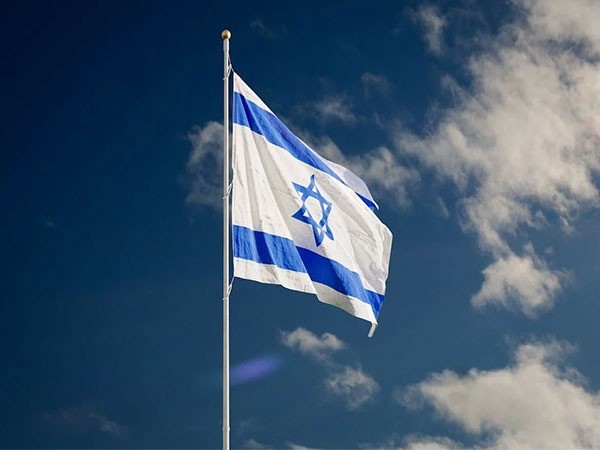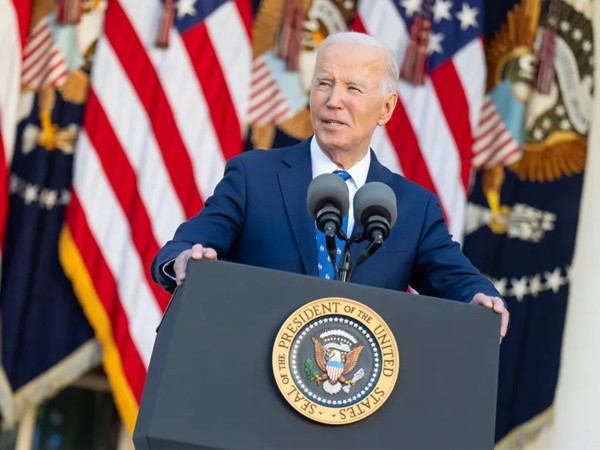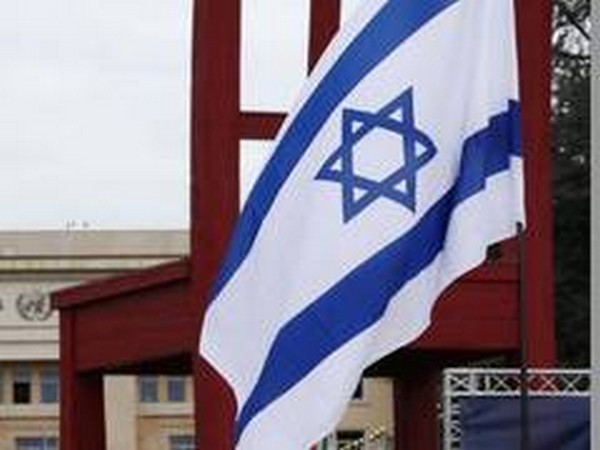UNSC fears open conflict between Venezuela, Guyana
Apr 17, 2024
New York [USA], April 17: The UN Security Council on Monday expressed its concern about the smouldering border dispute between Venezuela and Guyana.
Council members called on the conflicting parties to exercise the greatest possible restraint in their dispute over the Essequibo region in South America, according to a spokesman.
The most powerful body of the United Nations called for differences to be resolved by peaceful means and for all obligations under international law and the United Nations Charter to be honoured.
Venezuela's authoritarian President Nicolas Maduro recently passed a law declaring the border region of Essequibo, which belongs to Guyana, a Venezuelan federal state.
According to official figures, a large majority of Venezuelans voted in favour of annexing the region, in a controversial referendum in December.
Venezuela has long laid claim to the resource-rich territory, which covers around two thirds of the neighbouring country. The current borders were established in 1899 in an arbitration ruling by a tribunal in Paris, which was initiated by the United States and Britain.
Venezuela refers to an agreement with the United Kingdom from 1966, a few months before the then colony of British Guiana became independent. This provided for a negotiated solution to the dispute.
Immense oil reserves were discovered off Guyana's coast in 2015. This has now brought the English-speaking country - previously one of the poorest in South America - the world's highest economic growth.
Maduro's move to sign into law the results of a recent referendum laying claim to two-thirds of Guyana triggered fierce condemnation from the neighbouring South American country's government.
The text of the law was not immediately made public. Even so, Guyana's Ministry of Foreign Affairs vowed not to yield any land to Venezuela and called the move targeting Guyana's western Essequibo region an "egregious violation of the most fundamental principles of international law."
In early December, Maduro held a referendum to claim sovereignty over the oil- and mineral-rich region that represents two-thirds of Guyana, arguing it was stolen when the border was drawn more than a century ago.
Source: Qatar Tribune
